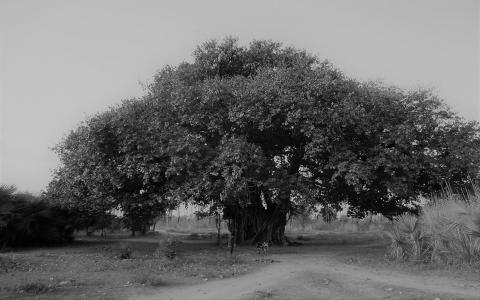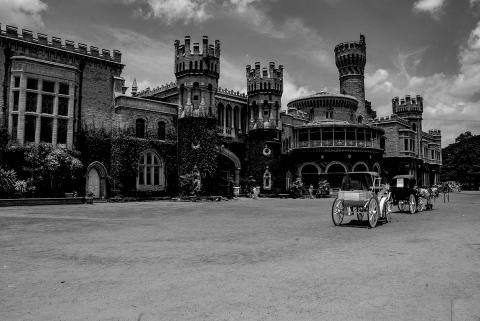September 2020
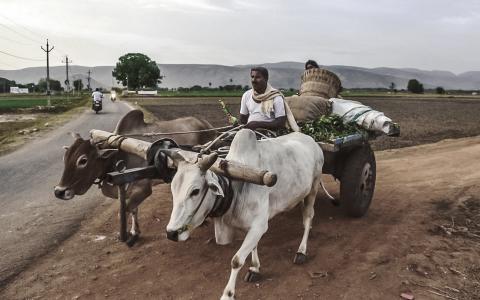
I have passed two examinations in my life. One is the Lower Secondary[1] in Kannada. That was probably in 1898–99. At that time, there was no English [medium] school in our town. The second examination I cleared was the Lower Secondary in English, which was was probably in 1900. That is altogether a different story.
After finishing the English Lower Secondary, came the plan for further studies. No one in our house was particularly enthusiastic...
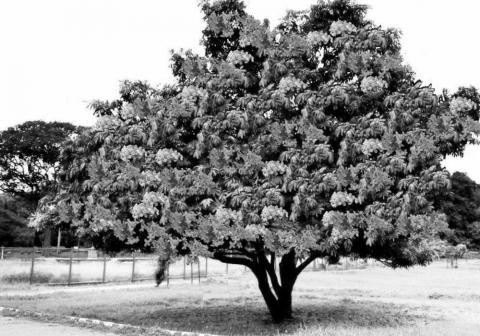
Manmatha continues to boast of his own skills in the pretext of praising his master:
तव प्रसादात्कुसुमायुधोऽपि सहायमेकं मधुमेव लब्ध्वा।
कुर्यां हरस्यापि पिनाकपाणेर्धैर्यच्युतिं के मम धन्विनोऽन्ये ॥ 3.10
In the words of Manmatha, the poet contrasts the āhārya of Śiva and Manmatha - while the former possesses the bow Pināka, the latter has flowers for his weapons. Manmatha even says that only Madhu – the embodiment of the Spring Season is...
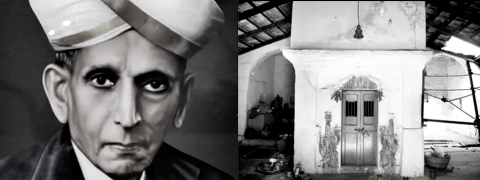

When I was young, I aspired to become a paṭela (village headman, chief of a town). Not because the position would provide a lot of money. But because a paṭela is a free man; he need not wait for someone else’s orders. The respect of people for a village headman is immense; all the villagers obey his command.
In addition to these two attractions, there was another. A headman did not have the burden of schooling; no plight of exams and results....

There is a sacred tīrtha called Kanakhala near Gaṅgādvāra. In the past, a divine elephant called Kāñcanapāta broke open a mountain and let the Gaṅgā flow into the plains from there. In the region to the south of this town, a brāhmaṇa lived with his wife and performed tapas. He had three sons. After his death, his sons went to a place called Rājagṛha and acquired a lot of knowledge there. Though they became well educated, they were in immense...
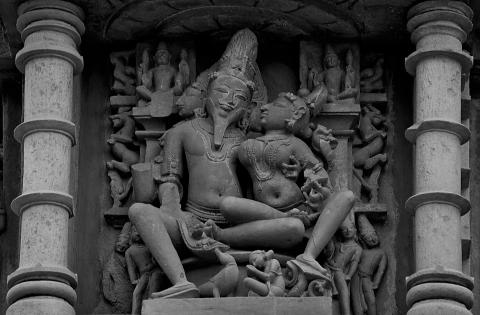
3. Kāvya
This has three stages too.
1. Manaḥ-prasāda – The nāndī-padyas in a kāvya, the description of city, country, mountains, forests, rivers, forts, palaces – these establish a context for the story; these are the embellishments and charming aspects.
2. Bhāvāveśa – The core flavour lies in the scenes of the story and in the human characters. Tyagaraja in one of his lyrical melodies narrates this story:
Mārīca appeared as a magical deer...
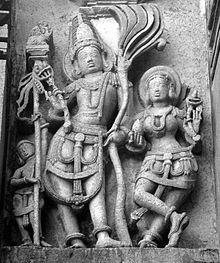
Indra, who cannot think beyond the obvious and who knows only material luxuries and pleasures of the flesh, jumps to the conclusion that it is only the embodied deity of love, Manmatha who can do the job of uniting Śiva and Pārvatī. He immediately decides to instruct commands to Manmatha and communicates to him through his mind, his thought accelerated by his eagerness to achieve his purpose. (मनसा कार्यसंसिद्धौ त्वराद्विगुणरंहसा 2.63).
Brahmā...


